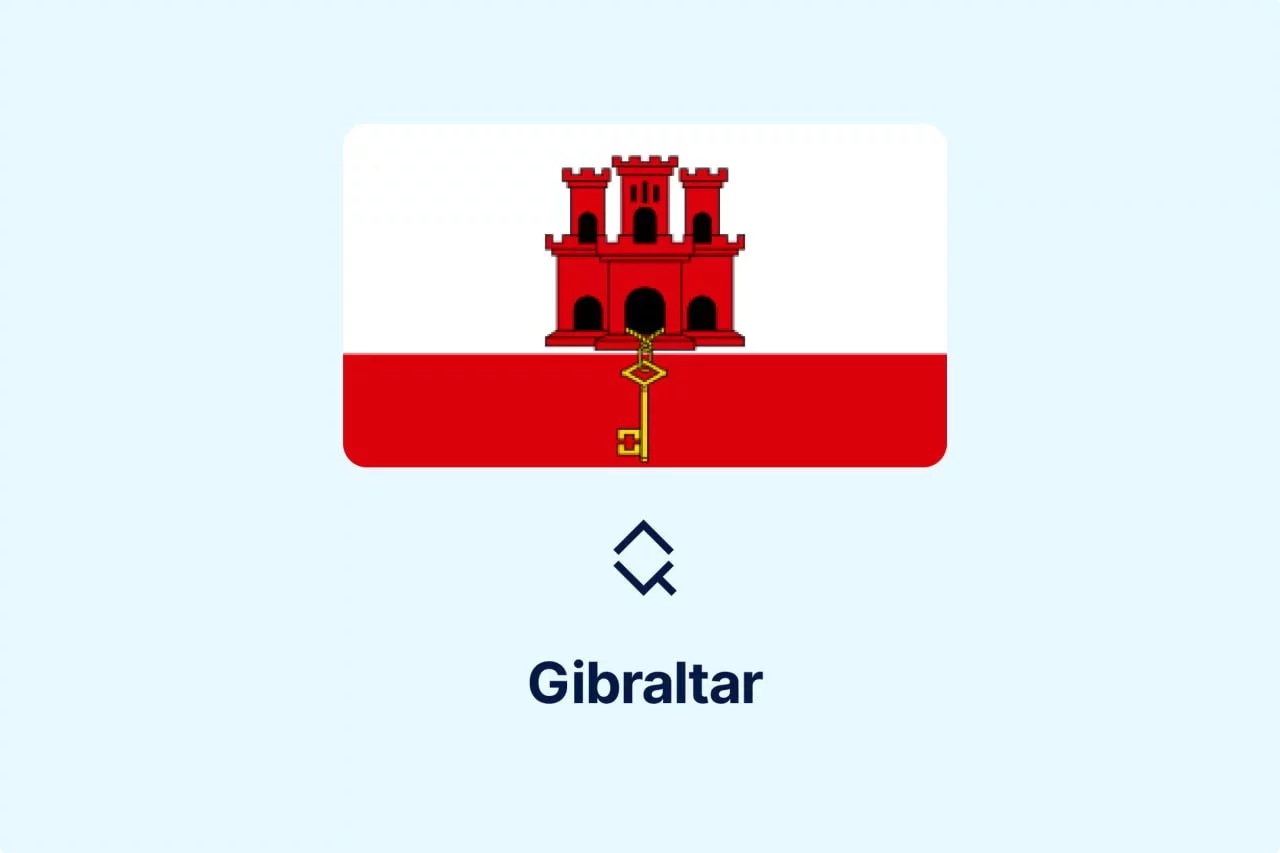Booking.com’s EUR 94M VAT Case: Lessons for Digital Platforms on Compliance

Booking.com, a well-known and widely used Dutch platform for online travel and short-term accommodation rental, was at the center of a considerable case relating to VAT compliance, specifically a VAT evasion in Italy. The case showcases the evolving regulations for digital platforms operating globally and in multiple jurisdictions.
As European governments tighten their grip on tax compliance in the digital economy, and with the expansion of cross-border transactions that represent the backbone of digital marketplaces and platforms, the Booking.com case is a critical example of a need to comply with national VAT rules and regulations.
Background to the Case and Legal Context
In 2021, the Italian Revenue Agency raised accusations against Booking.com for evading the VAT for nearly EUR 153 million between 2013-2019. This resulted from a tax investigation that was initiated in 2018 based on a series of tax assessments filled out by the individuals who managed accommodation facilities.
Following the tax assessment's lead, the Revenue Agency reconstructed Booking.com's year-by-year VAT obligations. It determined that the company behind the digital platform failed to apply VAT on transactions involving non-professional hosts, such as private individuals.
During the investigation, invoices issued to the Italian private individual hosts that did not include a VAT identification number, contracts between Booking.com and those managing accommodation facilities, and VAT returns and payments made to the Dutch Tax Authority regarding the services provided to private individuals in Italy were all considered integral to determining Booking.com's VAT liability.
More precisely, Booking.com anticipated that private individuals would withhold Italian VAT under the reverse charge mechanism. However, the Italian Revenue Agency took a different position. It held Booking.com accountable for Italian VAT when the individual landlords offering accommodation facilities through the platform did not have a VAT identification number.
In Italy, when private individuals offer accommodation for rent and do not have a VAT identification number, the intermediary usually assumes VAT obligations and liability. The Revenue Agency argued that Booking.com, as an intermediary, should have acted as a deemed supplied, thus charging, collecting, and remitting VAT on behalf of individual, non-professional hosts who were not registered for VAT in Italy.
In 2022, the Dutch authorities accepted the European Investigation Order (EIO) issued by the Italia authorities to include two former Booking.com Chief Financial Officers (CFOs) in the investigation. After hearing from the former CFOs, the tax claim was extended to include the year 2022, as well.
The Italian Revenue Agency concluded that Booking.com failed to apply a VAT 21% rate for the transaction in 2013 and a 22% VAT rate for the following years, which amounted to nearly EUR 153 million in owed VAT.
Consequences and the Outcome of the Tax Dispute
The consequences Italy suffered from Booking.com's non-compliance with VAT legislation can be expressed from two angles. The first concerns Italy's national budget and revenue from the VAT it was deprived of. The second refers to the disruption of the hospitality market, which created an unfair competitive advantage for private individuals not registered for VAT in Italy over businesses and individuals who regularly collected and remitted taxes.
After the investigation was concluded and the tax claim by the Revenue Agency was extended to the year 2022, Booking.com agreed to conclude the tax settlement agreement and pay an amount of EUR 94 million. Booking.com filed a VAT return of EUR 19 million for 2022 as part of the settlement.
Lessons for Global Digital Platforms
The Booking.com case emphasizes the need for digital platforms to regularly reassess and reevaluate their VAT compliance strategies, especially when operating in multiple jurisdictions. It also underlines the importance of understanding national and local rules and interpretations of the EU VAT Directive, especially when EU countries can define specific rules independently.
Moreover, the Italian readiness to undergo such extensive tax investigation may set a trend among national tax authorities to pursue revenue from digital platforms. The case illustrated that national authorities of EU countries would cooperate to determine the facts and settle disputes when it serves their national interest. This fact should warn digital platforms that evading VAT will be more burdensome, regardless of the country where they are based.
Therefore, digital platforms and companies operating worldwide should implement robust tax compliance frameworks capable of meeting VAT requirements that may vary from one jurisdiction to another. One step is to engage in dialogue with national Tax Authorities and be willing to cooperate when misunderstandings or disagreements occur regarding interpreting specific VAT rules.
Lessons from this case are significant for platforms that facilitate short-term accommodation rental and apply to other sectors, such as ridesharing and e-commerce.
Conclusion
The investigation included tax assessment of nearly 900,000 individual hosts renting their accommodation facilities through the Dutch online giant. It helped to determine that neither Booking.com nor private individuals collected and remitted VAT to the Italian Revenue Agency.
The very fact the amount of information was processed and the length of the period to which the investigation is related should serve as a reminder of the complexities of VAT enforcement in the sharing economy and signal a broader shift towards platform accountability in tax collection.
Source: Reuters - Booking.com settles Italian tax dispute with 94-million euro payment, Reuters - Dutch agree to back Italian tax probe into Booking.com, Reuters - Italian police target Booking.com for alleged tax evasion, Federalberghi Brescia

Featured Insights

Nigeria VAT Compliance: TaxPro Max Explained
🕝 March 3, 2026More News from Europe
Get real-time updates and developments from around the world, keeping you informed and prepared.

EU Law Primacy in VAT: ECJ Rules on Hungarian National Practice

Appstore VAT Ruling: Who owns your In-App Purchase tax? C-101/24

VAT Treatment of EU-Funded Projects for Non-Profit Associations

Right to Deduct VAT on Fixed Asset Reconstruction: Court Ruling
-7xsxxoypnx.webp)
Italy’s EUR 1 Billion VAT Dispute with Meta, X, and LinkedIn Explained
-l0zcrrzvhb.webp)
EU 5% Digital Service Tax Could Generate EUR 37.5 Billion: CEPS Study

Restrictions on VAT Deduction: Key Legal Cases & Compliance Insights
-qsozqjwle2.webp)
EU Parliament Approves ViDA: VAT Reforms & Digital Tax Compliance

-e9lcpxl5nq.webp)






-zzrhegqsyq.webp)

-ulcnia30z1.webp)



-3rcczziozt.webp)

-rvskhoqpms.webp)




-a5mkrjbira.webp)

-ivkzc1pwr4.webp)




-hssrwb5osg.webp)



-c06xa1wopr.webp)









-webajrr4ny.webp)
-evibmwdwcn.webp)
-7acdre0hop.webp)

-lcgcyghaer.webp)
-ol6mdkdowg.webp)
-aqdwtmzhkd.webp)

-njgdvdxe2u.webp)



-i6rki3jbad.webp)
-hdwgtama05.webp)

-atbhy5fyxv.webp)






-zp2n6zixoa.webp)
-oa1ynbm4sn.webp)

-lltkno6txy.webp)



-do38odrqnq.webp)

-t409oldqzt.webp)

-hordopb6xh.webp)

-ooimnrbete.webp)

-lwb5qpsily.webp)


-eumafizrhm.webp)

-mtqp3va9gb.webp)

-3ewrn1yvfa.webp)
-591j35flz2.webp)

-huj3cam1de.webp)


-hafis0ii23.webp)

-qseaw5zmcy.webp)



-qzsah2ifqx.webp)

-69rzooghib.webp)
-wrvng98m0g.webp)


-psucycuxh2.webp)
-klyo8bn5lc.webp)




-6wv5h5eyyd.webp)
-tfgg78rbid.webp)
-a6jpv9ny8v.webp)
-qhdbapy0qr.webp)

-owvu7zoc13.webp)


-h28jrh1ukm.webp)

-wl9bl1rw3a.webp)

-2w76jtvtuk.webp)

-c0uvrmrq9j.webp)



-pofe7ucwz3.webp)



-5cc23ezxyf.webp)
-rrmabbekeb.webp)







-iyyeiabtaf.webp)
-c8rbjkcs01.webp)
-nilkffjhah.webp)

-hikakq55ae.webp)

-z1d60bldtg.webp)
-d1a0q6n7mp.webp)
-viip8nvoeh.webp)
-bvv1otliox.webp)



-de8hdb1bn3.webp)

-cm0opezg73.webp)
-0tovsdupmi.webp)
-subxdamdj6.webp)


-gly6ablwnh.webp)
-gkduqhwbzh.webp)
-qpe1ld9vcj.webp)
-8noukwsmba.webp)
-aka29tuhkt.webp)


-fisvs27yrp.webp)


-mp0jakanyb.webp)

-aivzsuryuq.webp)



-o7f4ogsy06.webp)

-zjja92wdje.webp)
-hrbhdts8ry.webp)
-qtdkwpgkug.webp)


-cf8ccgah0p.webp)
-0em3cif5s6.webp)






-ptzesl0kij.webp)

-tfzv42pyms.webp)







-uodv7sfbih.webp)
-bbrdfmm9qf.webp)



-m2tl8crfqr.webp)




-1awbqjgpjs.webp)
-avbjsn1k1g.webp)


-0h8ohkx6s0.webp)



-wfmqhtc7i6.webp)
-7wljbof2zo.webp)

-eqt97uyekl.webp)
-wzw9mcf563.webp)

-z4oxr6i0zd.webp)




-fhtic1pwml.webp)

-iipdguuz9p.webp)
-nkhhwrnggm.webp)
-pltqwerr3w.webp)

-nn6mtfbneq.webp)

-tmnklelfku.webp)



-8z1msbdibu.webp)
-7g16lgggrv.webp)



-lxcwgtzitc.webp)
-9mc55kqwtx.webp)


-xla7j3cxwz.webp)
-jrdryw2eil.webp)





-t9qr49xs2u.webp)


-qjopq5jplv.webp)



-vune1zdqex.webp)

-rgjta7iwiv.webp)

-zb6bxxws47.webp)
-lyfjzw4okp.webp)

-ogpfmol5m1.png)


-czisebympl.png)

-zetvivc79v.png)
-ud7ylvkade.png)
-qizq6w2v5z.png)







-ihr6b4mpo1.webp)
-k1j4au0ph6.webp)
-swxxcatugi.webp)


-ig9tutqopw.webp)

-tauoa6ziym.webp)

-spr0wydvvg.webp)
-xfuognajem.webp)




-u2nv5luoqc.webp)








-opuxpan2iu.webp)




-kwttsfd8ow.webp)
-8u14qi10nj.webp)

-wjpr96aq5g.webp)

.png)

.png)


.png)


.png)



.png)
.png)
.png)
.png)
.png)

.png)
.png)




.png)
.png)




































































































































